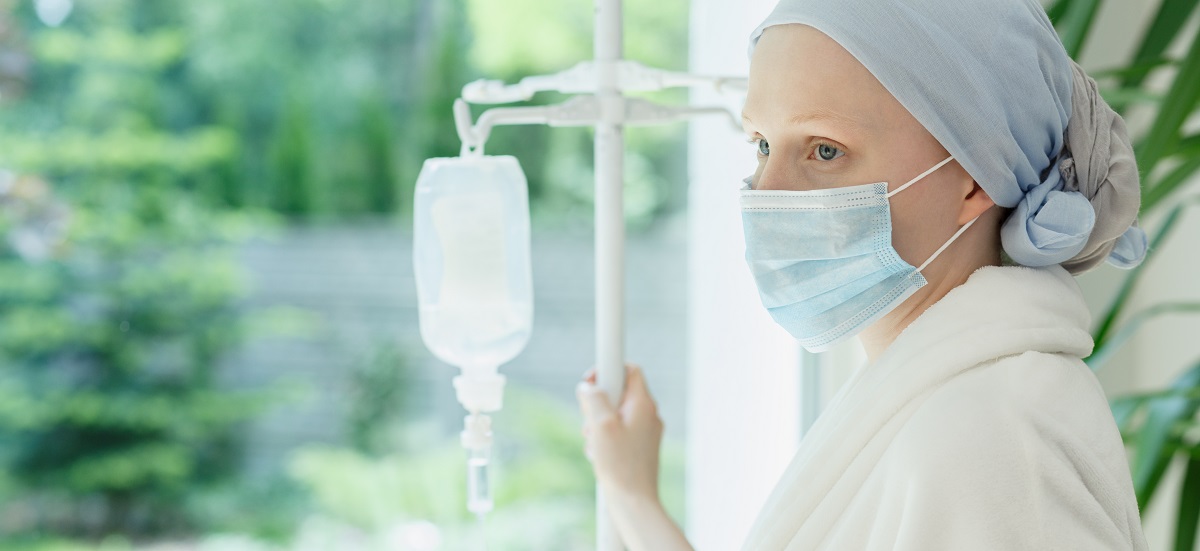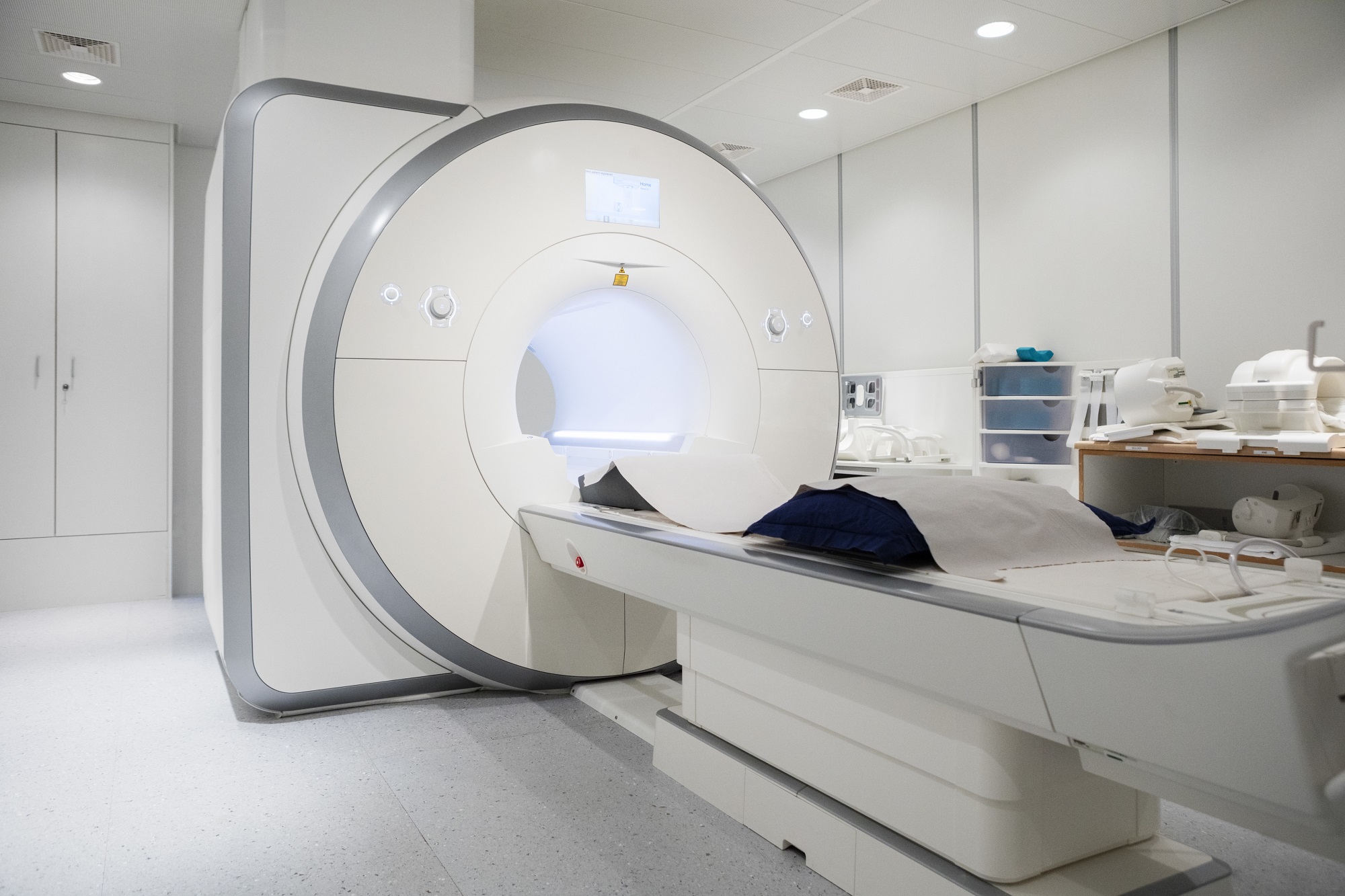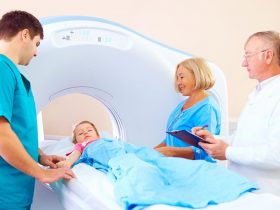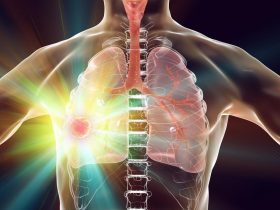Lung cancer (LC) is the most common malignancy responsible for 1.8 million of deaths worldwide. Lung and bronchus cancer represents 13% (n = 1217) of all new cancer cases in Georgia. In 2018, in Georgian males lung cancer age-standardized incidence rate was 35.7/per 100 000, less compared to regional countries as Turkey (70.6), Russia (48.2), Ukraine (41.7), and Armenia (58.5), but higher than in neighbor Azerbaijan (25.5). Incidence is higher compared to central and eastern Europe (27.3) and near similar to North America (34.5). Georgia is an Eastern European, middleincome country with 3.7 million residents and one of the highest numbers of active smokers in the European Region. The Georgian health care system is divided into a public and a private sector, with coverage of nearly 100% of the population. There is a national healthcare system as well as private insurance and all patients, irrespective of insurance (private or governmental) can choose the hospital for treatment by themselves all over the country. The Basic Package of the Universal Health Care Program includes the treatment of oncologic patients, specifically surgery, chemotherapy, hormone therapy and radiotherapy and investigations and medications related to these procedures. The program covers all types of laboratory and instrumental investigations related to planned treatment. Georgia lacks an LC screening program for smokers and partially because of this, the majority of patients with lung cancer present at an advanced stage. The National Centre for the Disease Control (NCDC) showed that almost 90% of LC patients in the country present with advanced stages (III-IV) with 60% of patients having stage IV disease at diagnosis . Lung cancer is generally diagnosed at an advanced stage. For non-small cell lung cancer (NSCLC), the proportion with metastatic disease (TNM stage IV) ranged from 46.8% to 61.2% in developed countries. In recent years, there have been several publications addressing specifics of LC worldwide, but none concerning Georgia. In light of the rapidly changing landscape in the diagnosis, staging, and treatment of LC, we thought to define the state of practice in Georgia by convening specialists who treat LC across 13 institutions in our country with the goal to describe differences in access and approaches to LC.
Real-World Treatment Patterns of Lung Cancer in a Resource-Restricted Country: the Experience of Georgia








Leave a Reply